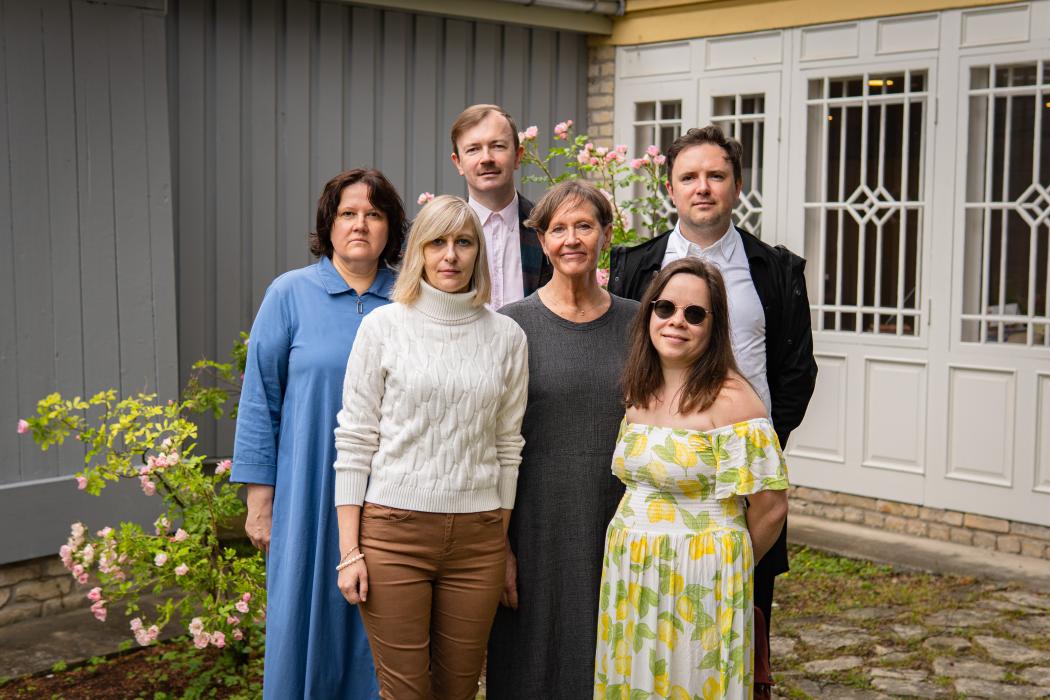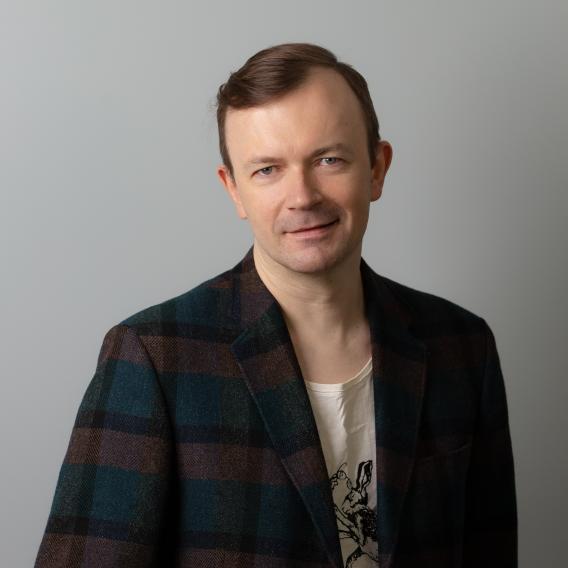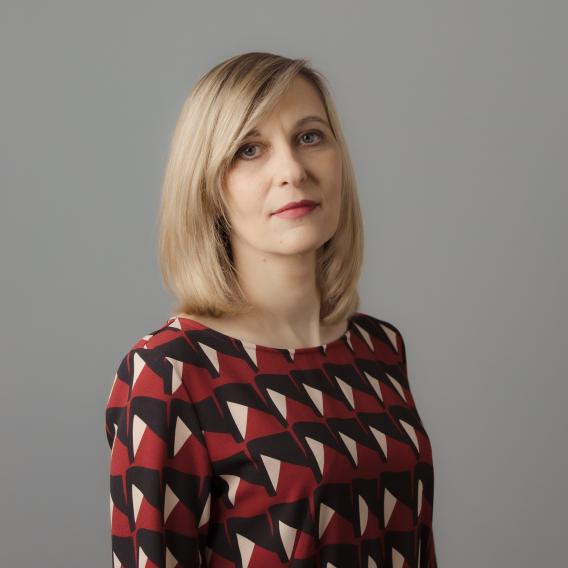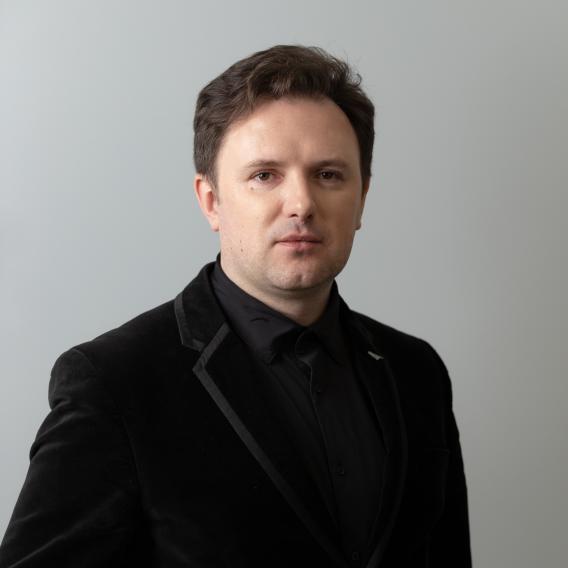The Department of Culture, Society and Environment was established on 11 March 2020 in response to changes in the research environment within and outside the institute. The department is founded on an increasingly pronounced research focus on interdisciplinary studies, as well as a growing awareness of the interconnectedness of society and culture, and the inseparability of intellectual and physical processes.
The department's research identity is characterised by the view that society and the environment are subjects of study on a par with culture rather than merely contexts for literature, folklore and art.
Our researchers specialise in environmental humanities, gender and queer studies, and the study of religious topographical practices in society.
The department's objectives include developing new methods of cultural interpretation, particularly in relation to current trends in the humanities and social sciences, such as posthumanism, new materialism, ecocriticism and affect theory.
Department have worked on the following projects:
- 'Life Next to the Port: Eco-narratives, Local Histories and Environmental Activism in the Daugava Delta’ (Latvian Council of Science),
- ‘A Walk Through Time: Flânerie and Modernity in Latvian Interwar Culture',
- ‘Contemporary Art and Folklore: Unlocking the Afterlife' (Latvian Council of Science),
- ‘Re-storied Sites Sites and Routes as Inclusive Spaces and Places: Shared Imaginations and Multi-layered Heritage' (Baltic Research Programme),
- 'Landscapes of Identity: History, Culture and Environment" and "Latvia's 20th–21st Century History: Social Morphogenesis, Heritage and Challenges' (VPP),
- and others.
Recent monographs by department:
- 'Introduction to Narratology' (2025) by Jānis Ozoliņš,
- 'Literary Naturecultures: An Ecocritical Reading of Regīna Ezera's Zoo-Prose' (2024, winner of the Literature Award of the Year) by Dace Bula,
- collective monograph 'Life Next to the Port' (2022).
Department is involved in creating the "Theoria" series of theoretical literature translations in collaboration with the Jānis Roze publishing house.






